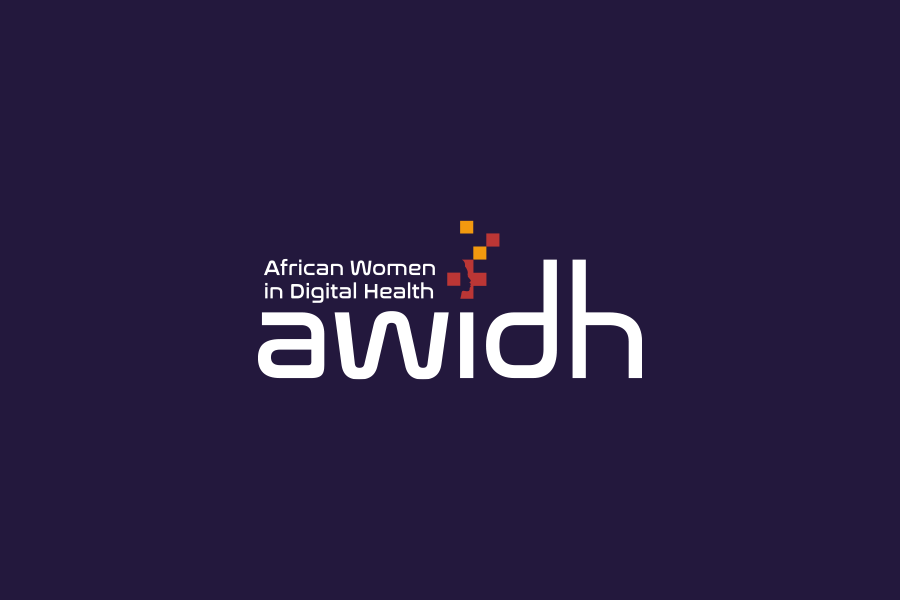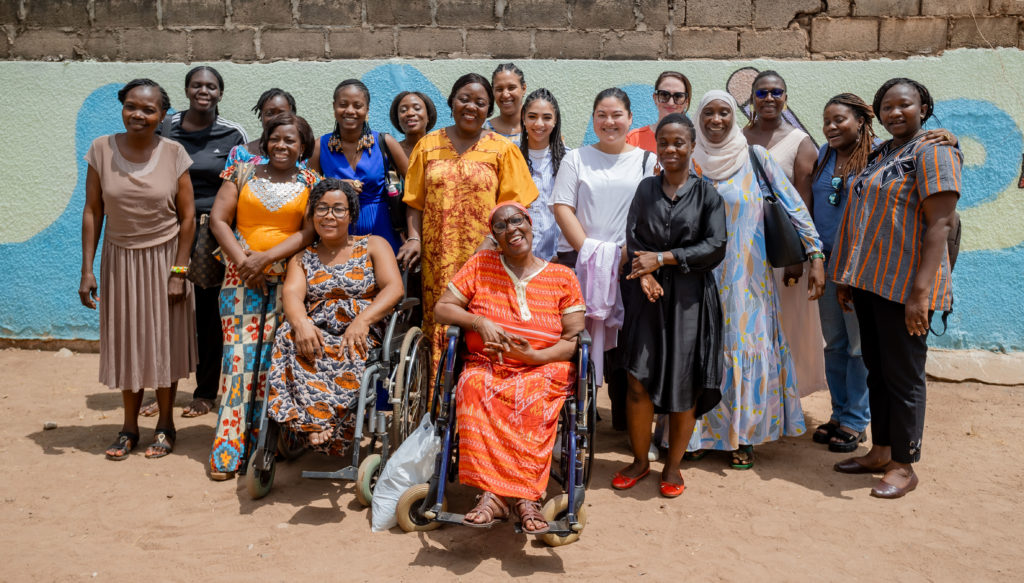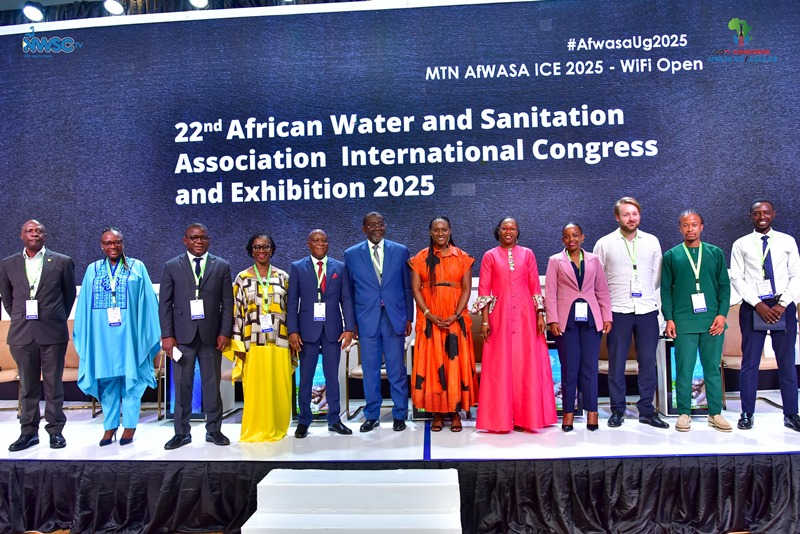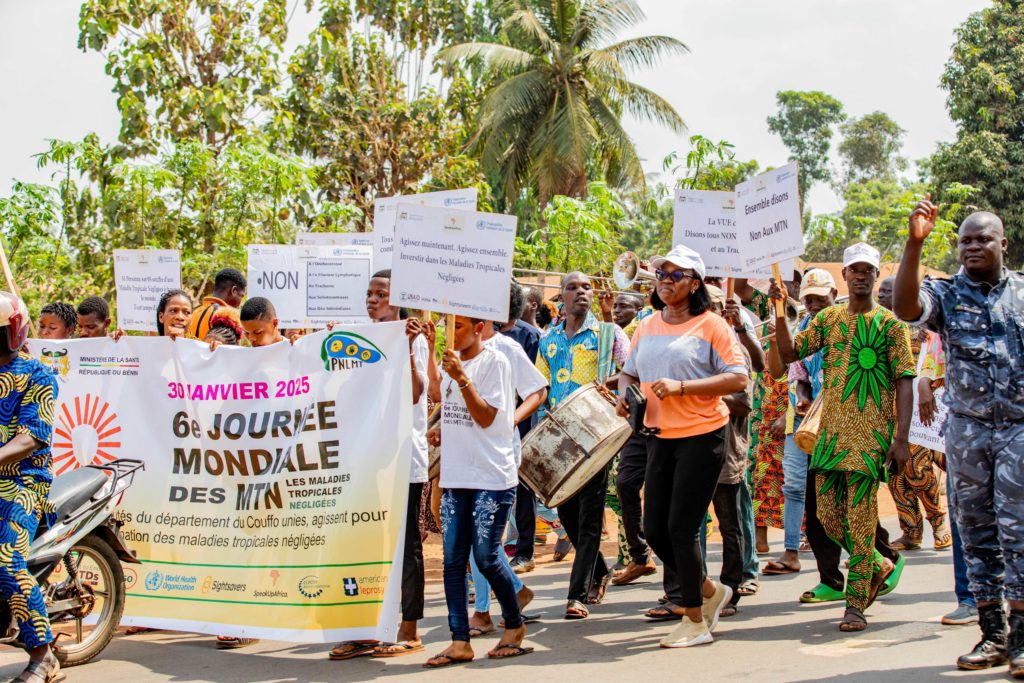New Control Intervention to avert 75% of Malaria Episodes Across Sahel and West Africa Region.

Malaria remains a major public health problem causing over 655,000 deaths worldwide. 91% malaria deaths occur in sub-Saharan Africa, where children under 5 years account for 86% of cases.
The World Health Organization recommends Seasonal Malaria Chemoprevention (SMC) as an effective tool in the fight against malaria for the millions of children who live in areas subject to a seasonal surge in malaria incidence in the Sahel and West Africa, where resistance to recommended drugs also happens to be very low.
SMC involves administration of relatively affordable drugs (sulfadoxine-pyrimethamine + amodiaquine or SP+AQ) to all eligible children monthly over the rainy season, thereby reducing incidence of malaria cases and potentially reducing transmission in the area. It is not often that a new intervention against malaria becomes available with the level of potential impact seen from SMC. SMC is said to reduce by 75% malaria clinical episodes in the target population. Its cost also makes it a highly cost-effective option, around US$ 1.50 per child per year. It is quite similar to those of other malaria control interventions.
The Sahel region of Africa, where SMC is applicable, suffers a very important part of the global malaria burden and the potential time limits to the utility of the SMC drugs, as resistance develops, argue strongly for innovative approaches to maximize early benefit from this approach. In Senegal, where the first trial of took place in 2002, SMC has been administered to more than 175,000 children between 3 months and 10 years of age. In Southern Mali and in two areas of Chad, SMC has been administered to more than 175,000 children between 3 months and 5 years of age. Preliminary results from the program show that the number of cases of simple malaria dropped by 65% in the intervention area in Mali, and by up to 86% in Chad. Early evidence therefore indicates that SMC can be highly effective. This new intervention raises hope in the international community and we are all very much looking forward to seeing how our countries take ownership of SMC and work together for a malaria-free Africa.
Dr. Claude-Emile Rwagacondo
Roll Back Malaria West Africa Sub-regional Network Coordinator



